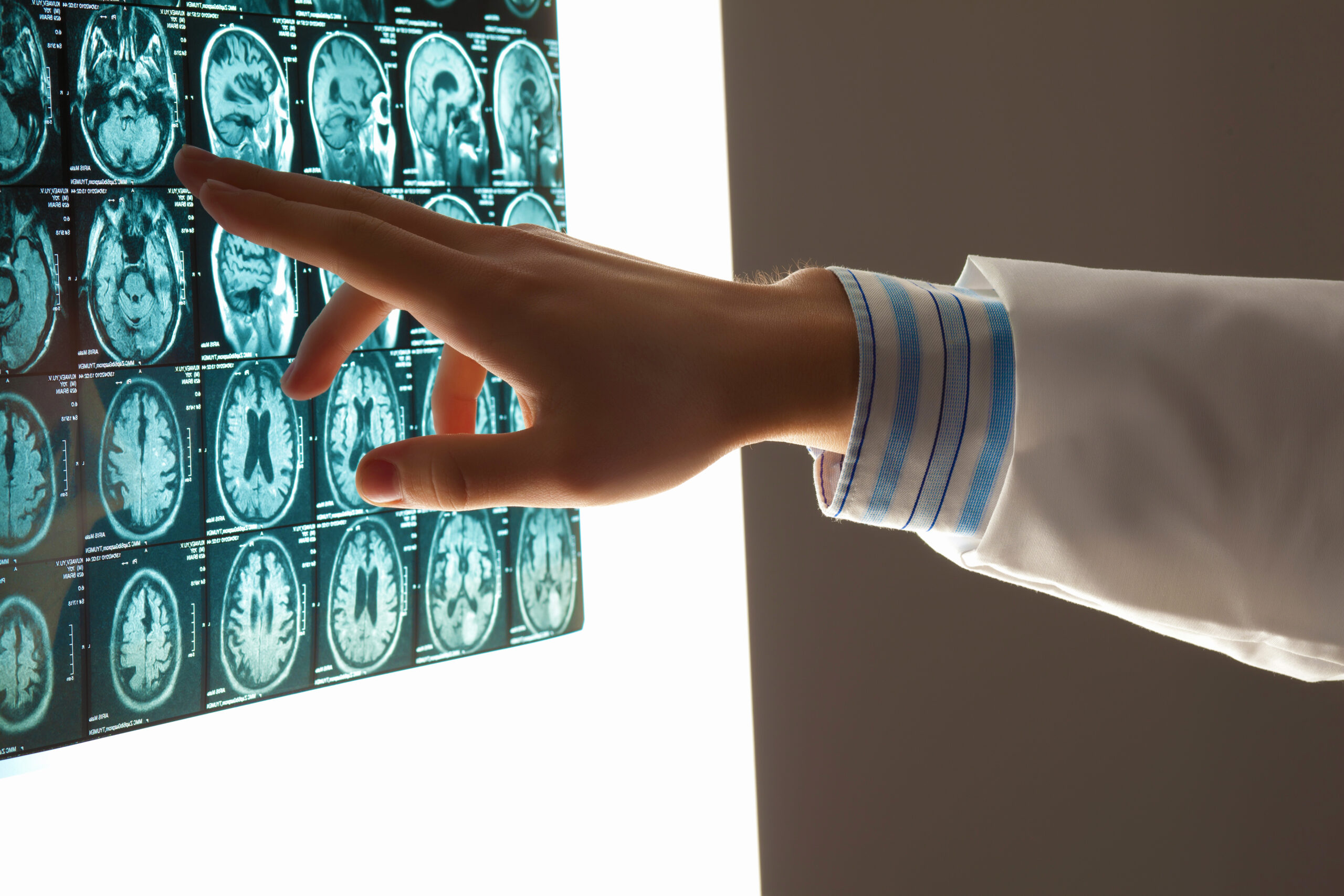Concussions are a common occurrence in sports, particularly in contact sports such as football, soccer, and basketball. In South Carolina, sports-related concussions have been a growing concern, with more and more athletes suffering from head injuries that can have long-term effects on their health and well-being. The link between concussions and brain injuries in South Carolina sports is an issue that needs to be addressed and managed effectively to protect the health of athletes.
A concussion is a type of traumatic brain injury (TBI) that occurs when the brain is shaken or jarred inside the skull. It can result from a direct blow to the head or from a sudden acceleration or deceleration that causes the brain to move within the skull. Symptoms of a concussion can vary depending on the severity of the injury but may include headaches, dizziness, nausea, blurred vision, confusion, and difficulty concentrating.
the brain to move within the skull. Symptoms of a concussion can vary depending on the severity of the injury but may include headaches, dizziness, nausea, blurred vision, confusion, and difficulty concentrating.
While concussions are often referred to as a “mild” form of TBI, they can have serious and long-lasting effects on an individual’s health. Multiple concussions over time can lead to chronic traumatic encephalopathy (CTE), a progressive degenerative disease of the brain. CTE can cause memory loss, cognitive impairment, behavioral changes, and other neurological problems.
In South Carolina, sports-related concussions are becoming increasingly common. According to the South Carolina Youth Risk Behavior Survey, 16.9% of high school students reported having at least one concussion in their lifetime. Moreover, a study published in the Journal of Athletic Training found that high school football players in South Carolina had a higher rate of concussions than those in other states.
Despite the growing concern about concussions and brain injuries in South Carolina sports, many athletes and coaches continue to overlook or downplay the severity of these injuries. It’s essential to understand that concussions are not something to be taken lightly, and athletes who experience a concussion should receive prompt medical attention and follow proper concussion management protocols.
The South Carolina High School League has implemented policies and procedures to help manage concussions in high school sports. These policies require that athletes who experience a concussion be evaluated by a licensed healthcare provider and receive clearance from that provider before returning to play. The league also requires coaches and other personnel to complete training on concussion recognition and management.
Parents, coaches, and athletes themselves must also be aware of the signs and symptoms of concussions and take appropriate steps to prevent and manage these injuries. This includes wearing appropriate protective equipment, such as helmets, and following proper techniques and rules during play.
Additionally, it’s worth noting that not all concussions are the same, and some may have more severe and long-lasting effects than others. This underscores the importance of individualized and proper concussion management to ensure that athletes who suffer a concussion receive the necessary care and time to recover fully before returning to play.
It’s also worth mentioning that concussions can happen outside of organized sports, such as during recreational activities or accidents. Therefore, it’s crucial to promote concussion awareness and education in all aspects of life to help prevent and manage these injuries effectively.
Several organizations in South Carolina have been working to raise awareness about concussions and improve concussion management. For example, the South Carolina Brain Injury Leadership Council (SCBILC) provides education and resources for individuals with brain injuries, their families, and healthcare professionals. The organization also advocates for policies and legislation that promote brain injury prevention and management.
Moreover, the South Carolina chapter of the Brain Injury Association of America (BIAA-SC) provides support and resources to individuals with brain injuries and their families. The organization also works to raise awareness about the prevalence and impact of brain injuries in South Carolina.
The link between concussions and brain injuries in South Carolina sports is a significant concern that requires a comprehensive and collaborative approach. It’s vital to promote concussion awareness, education, and management at all levels, from individual athletes to sports organizations and policymakers. By working together, we can help prevent and manage concussions and ensure the health and safety of South Carolina’s athletes.
As a law firm specializing in personal injury cases, including those related to concussions and brain injuries in South Carolina sports, we at Christian & Christian Law can offer valuable assistance to individuals who have suffered such injuries. We have extensive experience representing clients who have suffered sports-related injuries, and we can provide legal representation, medical expertise, an understanding of sports regulations, and compassionate support to those who have been affected.
We understand that dealing with a concussion or brain injury can be a traumatic experience, and we believe in providing our clients with compassionate support throughout the legal process. We can offer guidance, resources, and emotional support to help clients navigate the challenges of their injury and recovery.
We have access to medical experts who can provide valuable insight and testimony related to the severity and long-term effects of concussions and brain injuries. This can be crucial in building a strong case and ensuring that clients receive the compensation they need to cover medical expenses and ongoing care.
We have a deep understanding of the regulations and policies governing sports organizations and events in South Carolina. This knowledge can be valuable in building a strong case and holding organizations accountable for negligence or inadequate safety measures that contribute to a client’s injury.
We at Christian & Christian Law can provide comprehensive assistance to individuals who have suffered a concussion or brain injury while participating in sports in South Carolina. We believe in working closely with our clients to help them secure the compensation and support they need to recover and move forward.
